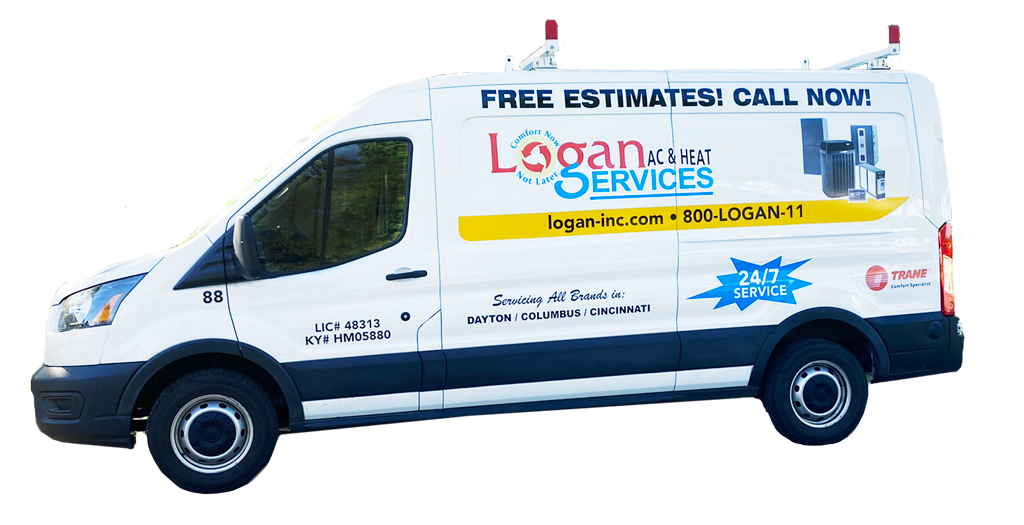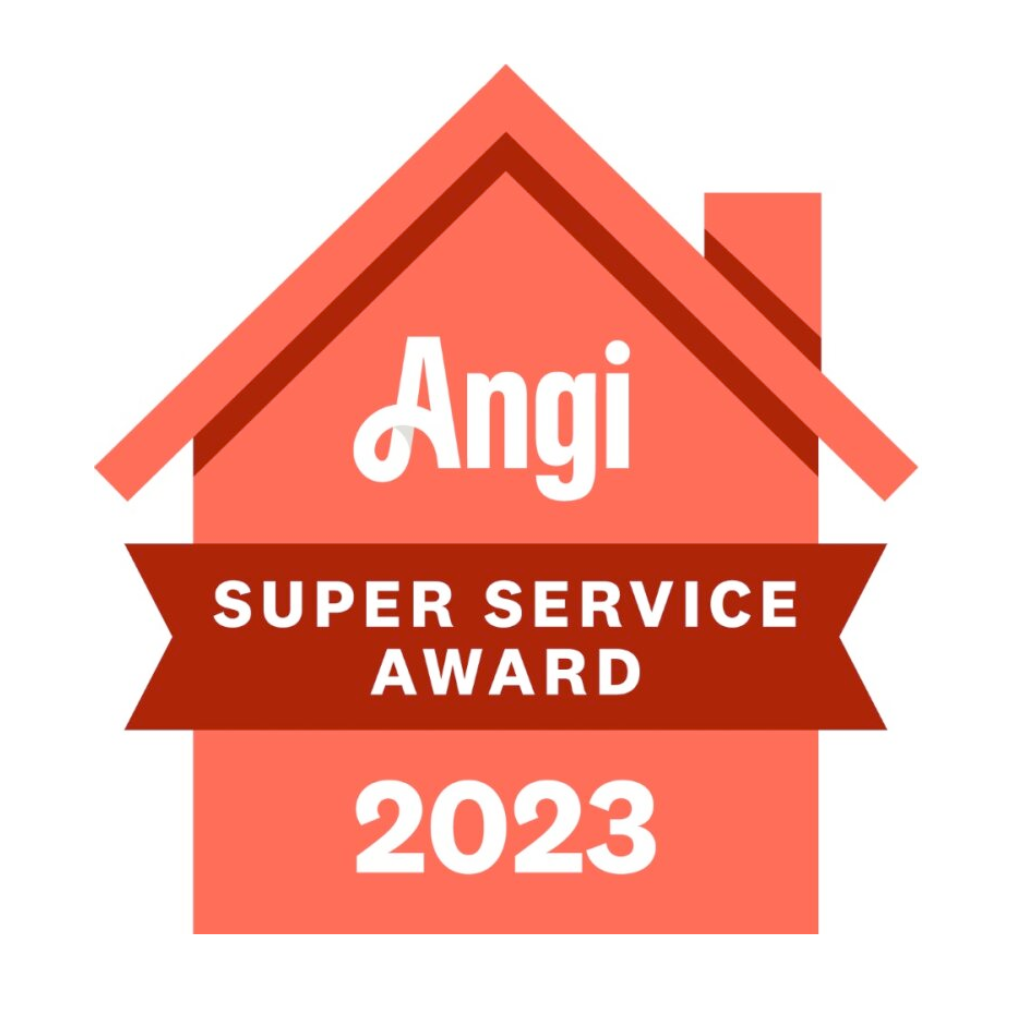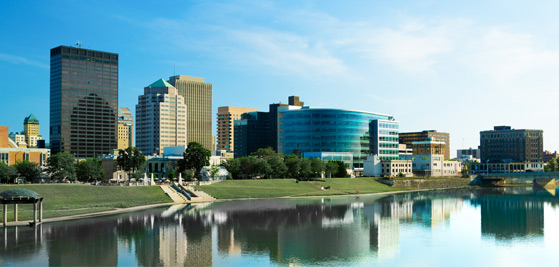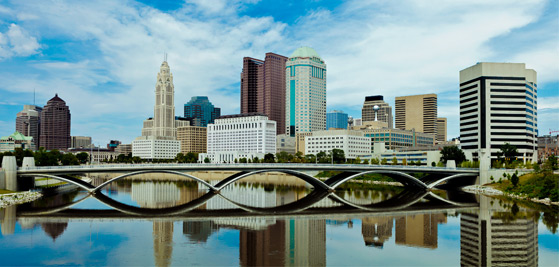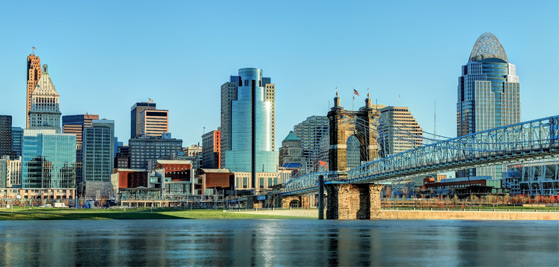A heat pump blower motor is responsible for pushing air over the indoor coils. When this blower motor fails, no airflow occurs, preventing heating or cooling – this is referred to as the heat pump blower motor not running. Identifying causes and fixes for a heat pump blower motor not running helps restore comfort.
What Does a Non-Working Heat Pump Blower Motor Mean?
When a heat pump blower motor does not activate despite calling for heating or air conditioning, the issue typically lies with the motor itself, the high voltage power supply to it, or the electrical control board telling it to turn on. Without any airflow, the heat pump cannot properly condition indoor spaces.
Common Causes of a Non-Working Blower
Several issues can prevent a heat pump blower from operating normally:
Faulty Run Capacitor
The run capacitor supplies power to the blower motor windings. If it fails, the motor may hum but not start. Visual inspection and capacitance testing determine if replacement is needed.
Bad Blower Motor
Motors eventually wear out from constant use. Warning signs include noisy operation or no operation at all despite proper voltage. Testing windings help diagnose, but outright replacement is usually needed.
Disconnected or Loose Wiring
Vibrations from the motor and contactor can loosen electrical connections over time. Close inspection of wiring and tightening loose wires often fixes no-blower issues.
Blown Fuse or Tripped Breaker
Blower motors pull a lot of current on startup. Short circuits or failing components can blow fuses or trip circuit breakers, cutting power. Replace fuses or reset breakers accordingly.
Faulty Control Board
The control board signals the blower when to turn on based on thermostat demand. Bad boards fail to initiate blower activation. Swap in known good boards to test functionality.
Stuck Blower Wheel
Excess dirt, lack of lubrication, and foreign object intrusion can physically jam the blower wheel. Carefully cleaning and spinning the wheel by hand verifies if it rotates freely.
Bad Thermostat Wiring
Thermostats provide the on/off signal to the control board to activate the blower. Improperly connected wires prevent this communication. Verify continuity and connections.
Troubleshooting Non-Working Blower Motors
Symptoms pointing to a non-working blower motor require methodical troubleshooting:
Is the Unit Getting Power?
Use a multimeter to check for proper voltage. No power indicates tripped breakers or blown fuses. Restore circuits and components as needed.
Does the Capacitor Test Bad?
Test the capacitance of run capacitors using a meter. Out-of-spec readings confirm failure. Replace if necessary.
Is Voltage Present at Motor Terminals?
Check motor wiring terminals for power during a heating or cooling call. No voltage points to control, wiring, or thermostat issues.
Does the Blower Wheel Spin Freely?
Remove power before manually spinning the blower wheel by hand. Binding or stiff movement indicates a stuck wheel requiring lubrication or cleaning.
Solutions for a Non-Working Blower
Getting an inactive blower motor running again involves one or more of these repairs:
- Replace Run Capacitor – For motors with bad capacitors, replacing this inexpensive component quickly restores function. Discharge stored energy before swapping.
- Install New Blower Motor – If windings test bad or the wheel is physically locked, replacing the entire blower motor assembly returns airflow.
- Clean and Tighten Electrical Connections – Check contacts between units and thermostat for corrosion or looseness—clean and re-secure as necessary.
- Replace Blown Fuse or Reset Breaker – Locate tripped circuit breakers or spent fuses related to the equipment power supply and replace them.
- Swap Control Board – If the control board fails voltage or relay testing, install a working replacement model to regain blower control.
- Lubricate and Clean Blower Assembly – Free stuck wheels using penetrating oil on the shaft. Remove dirt buildup causing restrictions inside the housing.
- Replace Faulty Thermostat – If the wiring tests good but no signal gets through, install a new programmable thermostat for reliable blower activation.
When to Call a Professional
Determining whether a blower motor issue can be a DIY repair or better left to a professional technician depends on a few key factors.
Live electrical components present very real safety hazards like the risk of shock, for example. Even powered-off capacitors can retain dangerous charges. Only licensed HVAC pros have the proper training and tools to handle such risks safely. Intermittent faults in complex wiring and circuit boards often demand nuanced troubleshooting skills, specialized testing equipment, and intimate product knowledge that DIYers lack. Without robust electrical work experience and comfort servicing sophisticated HVAC systems, the smart choice remains to hire professional service – despite the higher costs.
Risking one’s safety or further damaging equipment due to guesswork repairs never warrants taking on tasks beyond one’s skill level just to save money. The intricacies of heat pump systems combined with unsafe conditions mean some blower motor issues require accepting the need for expert technicians.
Preventative Maintenance Is Key
Regular upkeep reduces the likelihood of no-blower faults down the road:
- Annual Checkups – Technicians can spot failing parts like deteriorating motor windings during yearly tune-ups. This allows for repairs before full failure.
- Cleaning Airways – Vacuuming debris around fan blades, fins, cabinets, and ducts improves airflow. Less restriction means lower strain on motors.
- Lubricate Moving Parts – Applying penetrating oil or silicone spray to hinges, bearings, shafts, and fasteners reduces friction and wear.
- Replace Worn Parts – Be proactive with components approaching life expectancy, like capacitors and motors. Waiting often means getting stuck with no heat or A/C during peak seasons.
The Logan Difference
Logan A/C & Heat brings a family-owned, community-driven approach to every HVAC project. Our technicians undergo extensive skills training and always have the necessary parts on hand before appointments, preventing delays. We follow meticulous checklists for flawless installations and take time to educate clients on customized system operation. Our focus rests squarely on quality workmanship, communication, and building lasting customer relationships. We stand behind every job while making giving back to local causes a core company priority. At Logan A/C & Heat, people come first – you’re not just a client; you’re family. That’s the Logan Difference.
Frequently Asked Questions (FAQs)
What if my blower motor is working but has low airflow?
Check filters, duct restrictions, blower speed settings, refrigerant charge, and compressor operation. Any one of these can inhibit proper airflow despite a running blower.
Why does my blower run all the time?
Constant blower operation often results from stuck relays on control boards or compatibility issues between non-OEM thermostats and HVAC systems. Technicians can diagnose.
How much does a blower motor replacement cost?
The total cost to replace a heat pump blower motor, including labor, typically runs from $350 to $700 depending on motor type, location complexity, brand, and technician rates.

